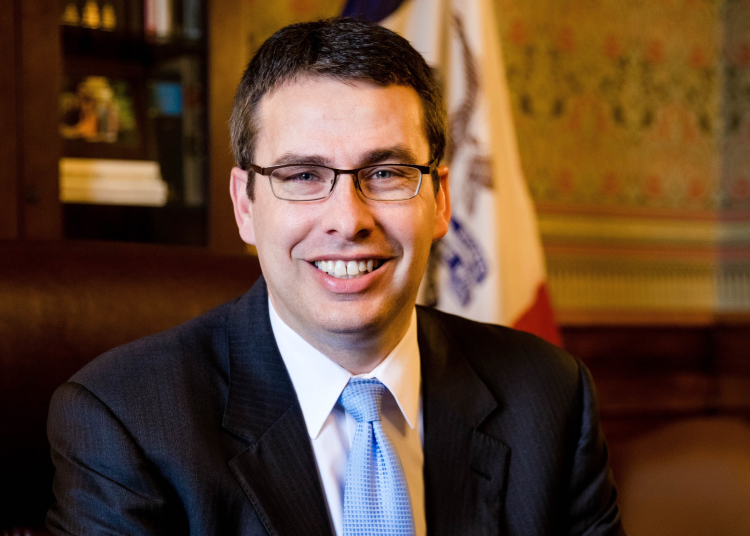Teaching a child good savings habits is essential for any financial foundation as an adult.
Despite that, T. Rowe Price’s 11th annual Parents, Kids & Money survey from 2019 found nearly half of parents said they missed opportunities to discuss money and finances with their children. The survey also revealed that a fourth of the parents were very or extremely reluctant to have a financial conversation with their children, while the children surveyed were eager to speak about the topic, with half stating they wished their parents talked to them more about money.
Talking and teaching about money and finances can start early. In fact, a Cambridge University study found that children’s ideas about money are formed by the time they are seven years old. Do not be afraid to play a money-focused game or two with children early on. Doing so will help them better understand financial transactions.
Good financial habits — like if a child wants something, having them save for it first — can take time and practice. Setting short- and long-term goals for savings can be helpful. Just remember to allow room for mistakes as children begin their financial journey.
Earning their own money with an allowance, doing odd jobs and selling lemonade or unwanted items can boost financial confidence. Don’t forget to have them allot a percentage of earnings for savings. Saving can be as easy as a piggy bank or canning jar, and many banks or credit unions have savings accounts specifically for children.
Piggy banks or savings accounts divided into four sections (for savings, spending, investing and donating) can help children be well-rounded in their financial learning. This also can help children learn the importance of giving and the joy that comes from helping others.
Parents can act as their child’s creditor to teach about borrowing money and paying interest. Don’t forget to discuss credit cards and the potential dangers and benefits they can offer. As young adults get closer to leaving the nest, it’s a good time to talk about setting up an emergency fund.
Be a good example and include children in your money management. Teaching children a good financial foundation benefits everyone and builds a strong base for other good habits. Consult the Iowa Insurance Division’s Save4later website, www.save4lateriowa.gov, for information on how to build a strong financial foundation.
Sonya Sellmeyer is the consumer advocacy officer for the Iowa Insurance Division.




